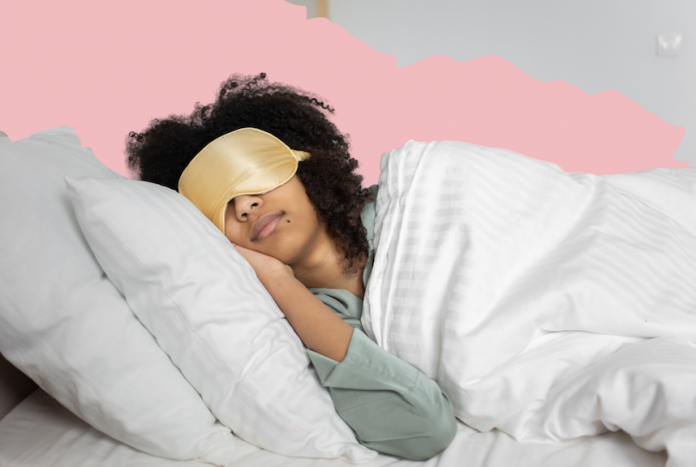Everyone is looking forward to warmer weather and bathing in the basking in the sun. Well, almost everyone. For hay fever sufferers spring and summer can be unbearable.
Unfortunately there is no cure for hay fever. In an ideal world, the most effective way to control it is to avoid exposure to pollen or resort to anti-allergy tablets. However, as we all know, this can be difficult. Don’t worry! Before hay fever season starts, you can begin to support your immune system in colder months to work towards reducing sensitivity to allergens.
We asked our Nutritionist, Cassandra Barns, to give us her topTten tips on how to handle hay fever this spring:
- Eat organic food where possible, to avoid pesticides and additives
- Top up on low-allergen foods: brown rice (try also quinoa, millet and buckwheat), cruciferous vegetables (broccoli, cabbage, cauliflower etc.), carrots, sweet potatoes, leeks, brussels sprouts, white potatoes, green peas, pears, apples and papaya. Of all the meats, lamb is thought to be the most hypo allergenic
- Mushrooms: they can modulate and regulate the immune response. Go for a high quality organic extract from Reishi mushrooms, such as Mico-Five by Hifas da Terra (£55.00, John Bell Croyden)
- Wash your hair: Pollen can actually stick to your hair, which can then transfer to your pillow and affect you during the night. If you’ve been out in the evening, try and wash your hair and change your clothes before going into your bedroom to avoid further contamination
- Wear sunglasses: To avoid pollen getting into your eyes, wear wraparound sunglasses to create a barrier
- Vacuum: Pollen can actually live in your carpet, so make sure you vacuum regularly, especially if you leave your windows open. Also, try and dust regularly with a wet cloth to prevent dust and pollen being spread around your house
- Garlic, ginger and onions and other spices used in cooking can help to clear the sinuses and ease congestion
- Honey: The bee pollen in it can desensitize your body to other pollens
- Antioxidants: Snack on berries and pomegranate – they are packed with antioxidants that help to reduce the damaging effects of free radicals caused by hay fever. Alternatively, go for Nature’s Plus AgeLoss First Day (www.revital.co.uk, £47.45) to get your daily portion of antioxidants
- Probiotics: Friendly bacteria found in yoghurt, kefir and sauerkraut support our immune system and can ease severity of hay fever symptoms. Go for a supplement for an all-year immunity support. Try 25 Billion ProVen Probiotics(www.
provenprobiotics.co.uk, £12.95)






